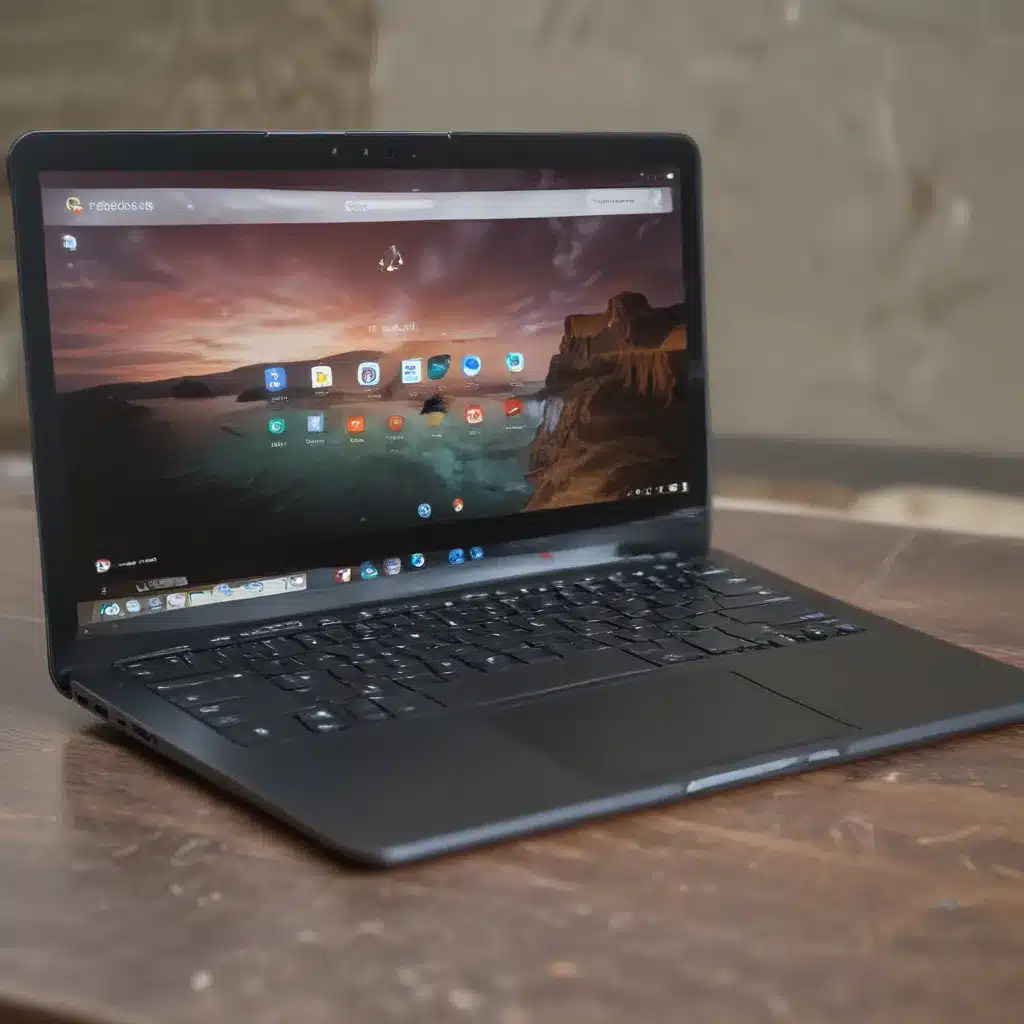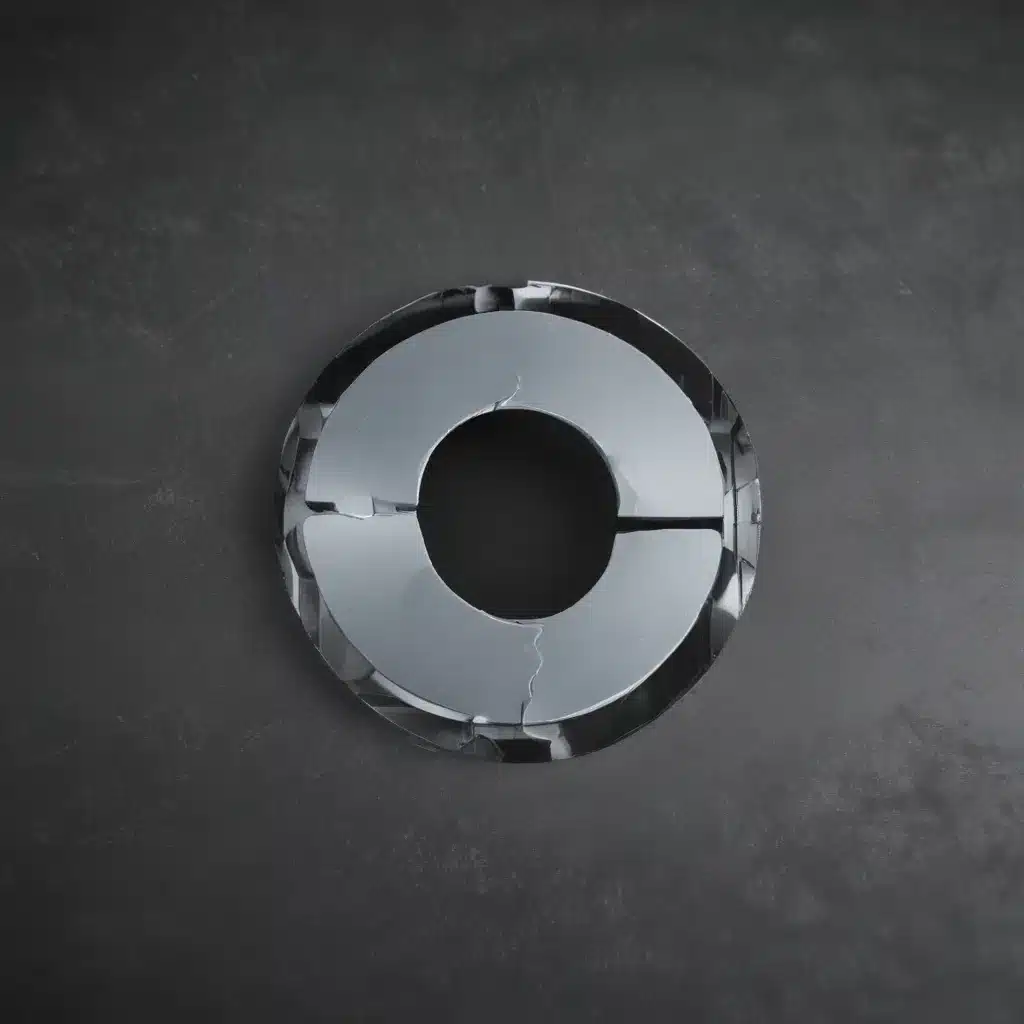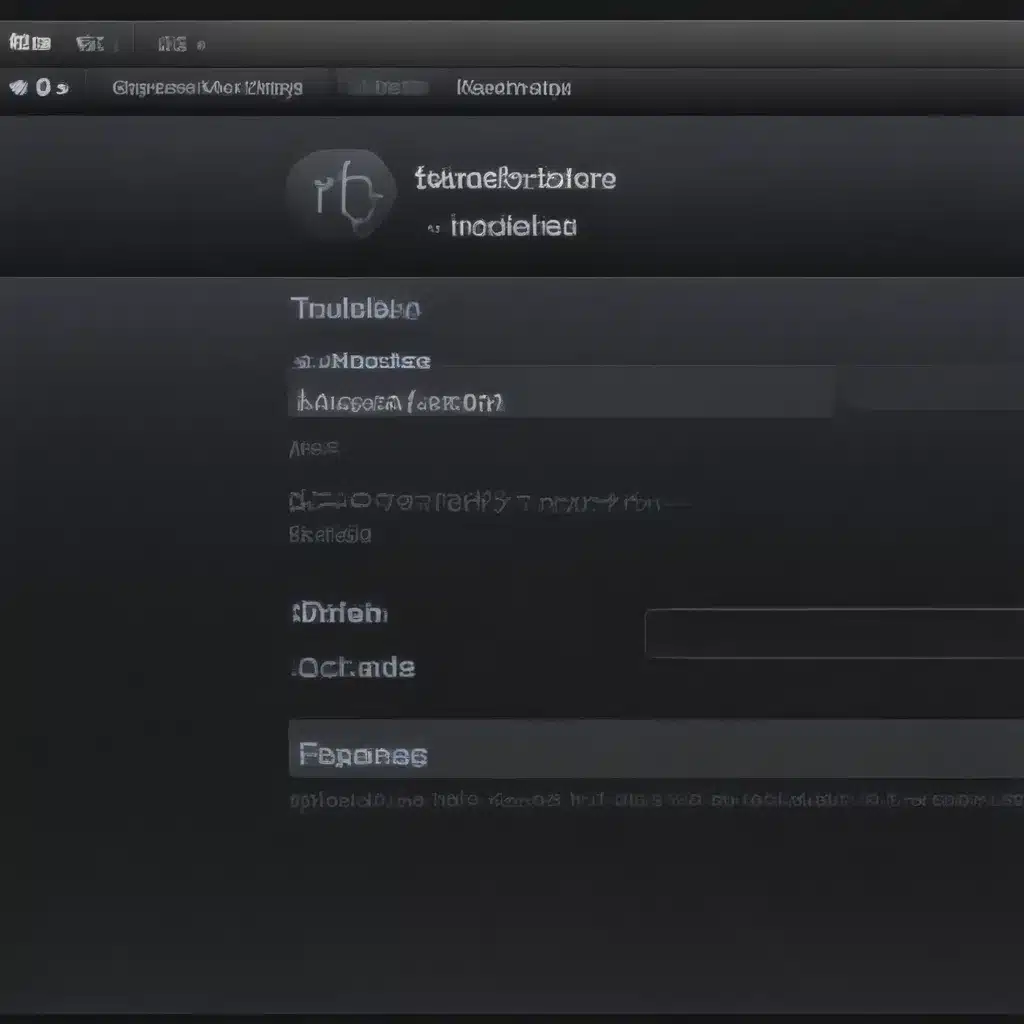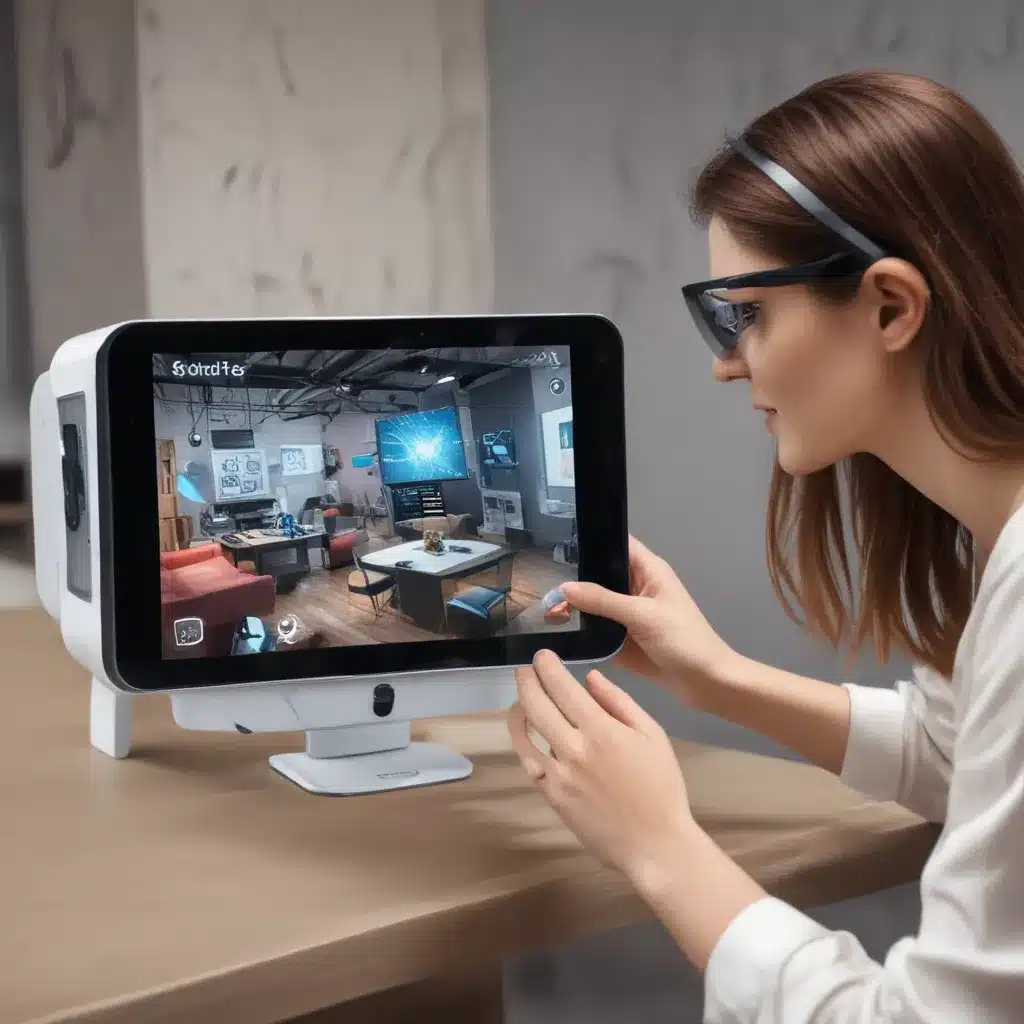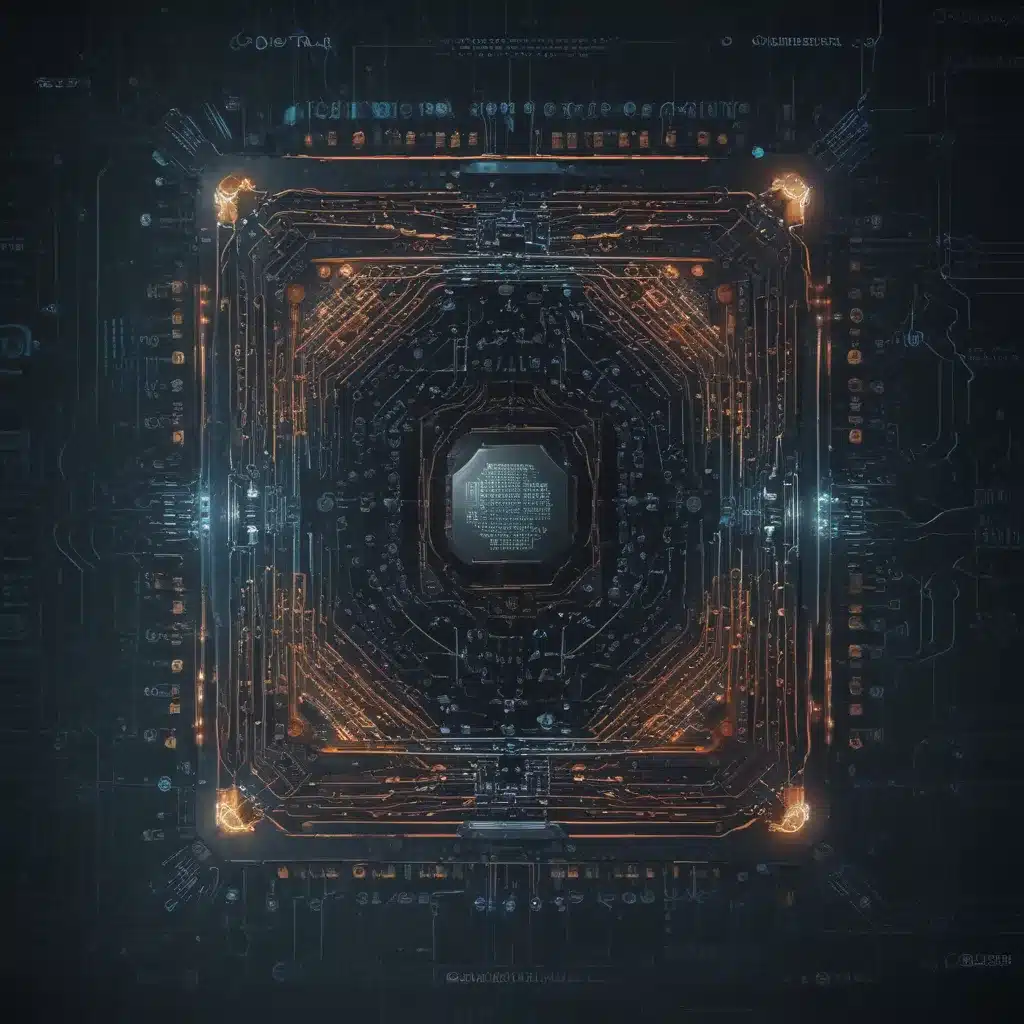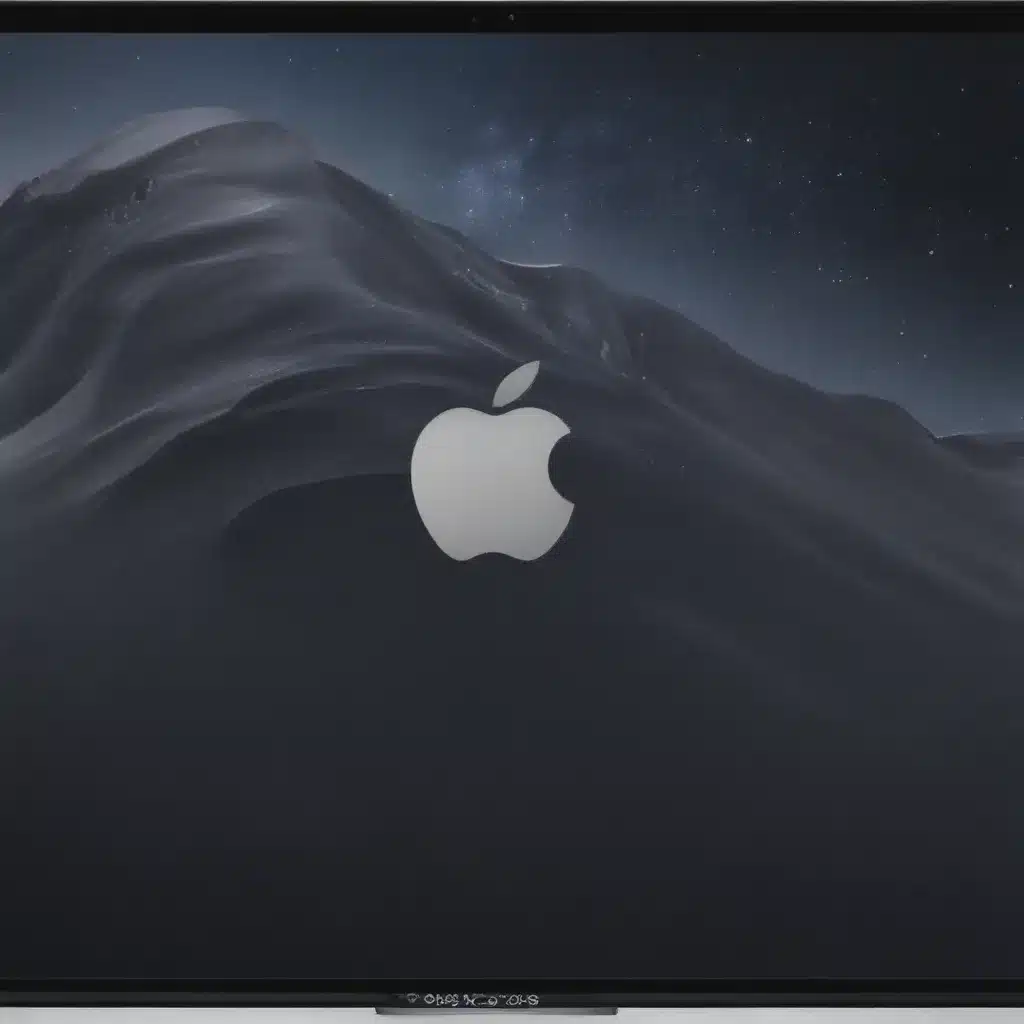When Your Computer Starts Sounding Like a Haunted House
Have you ever been working on your PC, minding your own business, when suddenly it starts making some eerie, unexplained noises? It can be downright unsettling, like your computer is possessed by a tech-savvy poltergeist. But fear not, my fellow technophiles, for I’m here to help you diagnose and fix those annoying PC noises, so you can restore peace and quiet to your digital domain.
Let me regale you with a tale of my own haunted computer misadventures. Picture this: I’m sitting at my desk, sipping my third cup of coffee, furiously typing away on an important project, when suddenly, a series of “boink” sounds start echoing from my machine. It’s like someone is repeatedly plugging and unplugging USB devices, but I haven’t touched a thing! [1] I jump out of my chair, spilling coffee everywhere, and start frantically searching for the source of the disturbance.
After a thorough investigation (read: frantic Googling and swearing), I discover that the culprit was a faulty USB hub. Apparently, one of the ports was shorting out, causing my computer to constantly detect and then disconnect the device. [2] Lesson learned: always check your USB ports and peripherals when dealing with those pesky “device connect/disconnect” sounds.
But wait, there’s more! One day, I’m in the middle of an intense gaming session, completely immersed in the action, when suddenly, a loud, ominous buzzing noise erupts from my PC. It’s like a swarm of angry bees has taken up residence inside my computer! [3] Needless to say, I nearly jumped out of my skin, and my virtual enemies had a field day while I was busy panicking.
After a thorough investigation (more frantic Googling and swearing), I discovered that the culprit was a failing fan on my graphics card. Apparently, the bearings had worn down, causing the fan to vibrate and make that dreadful buzzing sound. [4] Lesson learned: keep an eye on your cooling fans, and don’t ignore any unusual noises coming from your machine.
Now, I know what you’re thinking: “Okay, but what about all the other weird sounds my PC makes? How do I diagnose and fix those?” Well, my friends, buckle up, because we’re about to embark on a journey through the world of annoying PC noises, and I promise to share all my hard-won knowledge with you.
Identifying the Culprit: Dust, Viruses, and Failing Components
One of the most common causes of strange PC noises is dust buildup. [1] Think about it, your computer is essentially a dust magnet, constantly sucking in all sorts of airborne particles and trapping them inside. Over time, this can cause fans to slow down, heatsinks to become clogged, and even components to overheat and fail.
So, the first thing you should do when confronted with an unidentified noise is to open up your PC and give it a thorough cleaning. Grab a can of compressed air, a microfiber cloth, and get to work. Make sure to hit all the nooks and crannies, paying special attention to the fans and heatsinks. Once you’ve got that dust cleared out, see if the noise persists.
But what if the noise is more of a “clicking” or “tapping” sound? Well, my friends, that could be a sign of a more serious issue: a failing hard drive. [1] Hard drives are essentially mechanical devices, with spinning platters and delicate read/write heads. Over time, these components can wear down, leading to all sorts of concerning noises.
If you suspect a hard drive issue, the best thing to do is to run a diagnostic tool, like CrystalDiskInfo or HWMonitor, to check the drive’s health. If the results show that the drive is starting to fail, it’s time to start thinking about a replacement before you lose all your precious data.
And let’s not forget about the dreaded computer virus. [1] If your PC is making strange noises, accompanied by sluggish performance or unexpected behavior, there’s a good chance you’ve picked up some nasty malware. Don’t panic, though! Grab a reliable antivirus software, run a full system scan, and let it work its magic. Once the virus is taken care of, those annoying noises should disappear.
Replacing Failing Fans and Components
Alright, let’s say you’ve ruled out dust, viruses, and hard drive issues, and you’re still dealing with those pesky PC noises. The next step is to start inspecting your computer’s internal components, particularly the fans.
Fans are the unsung heroes of the PC world, quietly spinning away to keep our precious hardware cool and happy. But just like any other mechanical device, they can wear down over time, leading to all sorts of unpleasant sounds. [1] If you notice a fan that’s not spinning properly, or making a grinding or rattling noise, it’s time to replace it.
Thankfully, replacing a fan is a relatively straightforward process, even for the technologically challenged. Simply open up your computer, locate the offending fan, unplug it, and swap it out for a new one. Just make sure to get the right size and connector type, and you’ll be good to go.
But what if the noise is coming from your graphics card or CPU cooler? [1] These are a bit more tricky, as they’re often integrated into the overall cooling system. If you notice a whirring, buzzing, or grinding noise coming from these components, it’s a sign that the bearings are starting to fail, and the fan needs to be replaced.
Now, I know what you’re thinking: “But I’m no computer repair expert! How am I supposed to replace these fancy components?” Fear not, my friends, for the internet is here to save the day. Simply head over to YouTube or your favorite tech blog, and you’ll find a wealth of tutorials and guides to walk you through the process, step-by-step.
Preventing Future Noise Issues
Alright, so you’ve successfully diagnosed and fixed those annoying PC noises. But what about the future? How can you ensure that your computer stays nice and quiet, without any unexpected surprises?
Well, the key is to be proactive in your maintenance and monitoring. [1] Make a habit of regularly cleaning your computer, using that trusty can of compressed air and microfiber cloth. This will help keep dust at bay and ensure that all those vital cooling fans are working at peak efficiency.
Additionally, keep an eye on your computer’s overall performance and behavior. If you notice any strange noises, sudden slowdowns, or unexpected shutdowns, don’t ignore them. [1] These could be early warning signs of a more serious issue, so it’s best to address them before they turn into a full-blown crisis.
And let’s not forget about those pesky software updates. [1] Believe it or not, something as simple as a Windows or driver update can sometimes cause unexpected noises or other issues. So, be sure to keep your system up-to-date, but also be vigilant for any post-update problems.
By following these simple tips and tricks, you can help ensure that your computer remains a well-behaved, noise-free companion for years to come. No more haunted house soundtracks coming from your desk, just the peaceful hum of a well-tuned machine.
Conclusion
So, there you have it, my fellow tech enthusiasts. You’re now armed with the knowledge and tools to diagnose and fix those annoying PC noises, restoring peace and quiet to your digital domain. Remember, a little bit of proactive maintenance and vigilance can go a long way in keeping your computer running smoothly and quietly.
And who knows, maybe someday, you’ll be the one sharing your own haunted computer tales, inspiring the next generation of tech troubleshooters. Until then, happy computing, and may your PC noises be nothing more than the soothing sounds of a well-oiled machine.
[1] Knowledge from https://www.reddit.com/r/pcbuildingsimulator/comments/n1gjed/stuck_on_diagnose_and_fix_heres_what_to_look_out/
[2] Knowledge from https://answers.microsoft.com/en-us/windows/forum/all/device-disconnect-sound-happening-constantly/a90e56d4-2ffe-4acd-98d3-99532b3f8fae
[3] Knowledge from https://www.quora.com/What-is-the-weird-buzzing-vibrating-sound-coming-from-my-PC
[4] Knowledge from https://www.quora.com/My-computer-is-making-a-weird-crackling-sound-Everything-is-still-working-OK-How-worried-do-I-need-to-be





